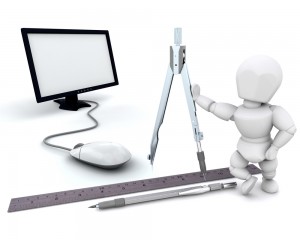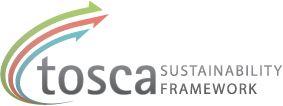LCA to support product development
By Ann-Christin Pålsson & Ellen Riise
 LCA provides a complete picture of a product´s environmental impact. In this way, LCA can support with valuable information in the development of more sustainable products. LCA can be used:
LCA provides a complete picture of a product´s environmental impact. In this way, LCA can support with valuable information in the development of more sustainable products. LCA can be used:
- as input to
- selection of materials and suppliers
- defining product function & usage
- improving production processes
- improving performance in the use phase
- designing for end-of-life
- as basis for prioritisation of improvement activities in product development and for supply chain management
- to measure and follow-up product improvements
LCA can be used in different ways in different stages of the product development; from the initial conceptual phase to the phase where the final concept is decided.The input to the product development work can be in the form lists with different types of questions and checkboxes that need to be assessed, to simplified or full LCAs.
In the early conceptual stages, results from earlier life cycle assessments or checklists can provide guidance on where in the life cycle the big impacts might occur, and where to focus to achieve a lower product environmental impact. Changes to improve the environmental performance for the product at this stage can usually be made at a far lower cost, than in later stages of the product development.
In the final stages, LCA can be used to measure the environmental performance of the finalised product. If LCAs are performed on a continuous basis, the development of a product or a product portfolio can be measured and followed up over time, either by establishing a baseline point or by comparing the existing version with a new version of the product. For example, if specific environmental goals are defined for the product development work, a baseline may be set for product where and newer versions of the product will be measured against this baseline.
To strengthen the work and work consistently with LCA in the product development, it is generally recommended to have the step of environmental evaluation formalised into defined stages in the product development process that is used within the organisation.
Further information regarding Develop more sustainable products is available in ” Supply chain activities” at this website

